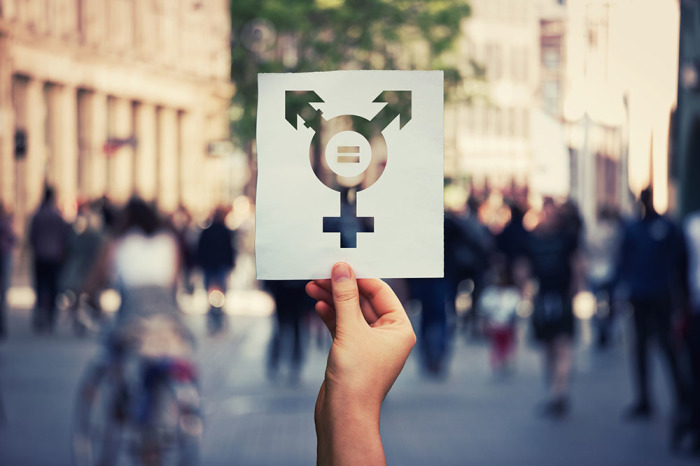Nearly half of Brits oppose allowing gender changes on IDs; oppose trans access to women’s bathrooms

Nearly half of U.K. citizens oppose loosening restrictions to allow people to change their gender on official documents, according to a recent survey.
An online YouGov poll of 1,688 adults surveyed in late June revealed that 28% said it should be easier for people to alter their legal gender status whereas 47% said they opposed such a move, according to the U.K. Times.
The U.K. government estimates that between 200,000 and 500,000 people in the U.K. identify as transgender. Among those, some 5,500 have been legally allowed to change the gender listed on their birth certificate.
It also found that most oppose giving "transgender women or men access to single-sex changing rooms or lavatories than support it unless they have had gender reassignment surgery," The U.K. Times added.
The poll results follow many months of contentious debate over proposed updates to the Gender Recognition Act. With Prime Minister Boris Johnson and the Tories sweeping victory in the December elections, the controversial reforms were largely seen as dead given the electorate's opposition to making such changes.
YouGov's data revealed that U.K. citizens distinguish between the freedom to self-identify as transgender and being legally recognized as such. The vast majority of respondents said that if someone desires to change their legal gender, the requirement that a medical doctor sign off on it should remain, as should the requirement that the person desiring to change his or her legal gender live as the opposite gender for at least two years beforehand.
"Forty percent agreed with the statement 'a transgender woman is a woman' while 36 percent disagreed. More people supported than opposed trans people’s right in principle to access to single-sex spaces, but this was reversed when asked whether this should apply to those who have not had gender reassignment surgery," the U.K. Times reported.
"When asked if a doctor’s approval should no longer be required 16 percent agreed and 63 percent did not. The figures were almost the same for the two-year requirement."
Along with the reported plans to ditch proposed changes to the Gender Recognition Act, Equalities Minister Liz Truss announced earlier this year that the U.K. would soon ban doctors from prescribing experimental puberty blockers and cross-sex hormones to trans-identifying minors.
Keira Bell, who is a 23-year-old detransitioner — someone who once identified as transgender — was one such minor who underwent the experimental treatments at the London-based Tavistock gender clinic and is now part of a lawsuit against the NHS clinic.
"I am angry about the whole situation because of how things have turned out for me based on the medical pathway that I was put on, but I'm now just trying to focus on changing the system for the better and making it better for minors and children," Bell said in an interview with Sky News.
"I should have been told to wait and not affirmed in my gender identity I was claiming to have and given intensive therapy basically to make sure that I was on the right track for things and investigate the feelings I was having to figure out how I got to that stage."




























